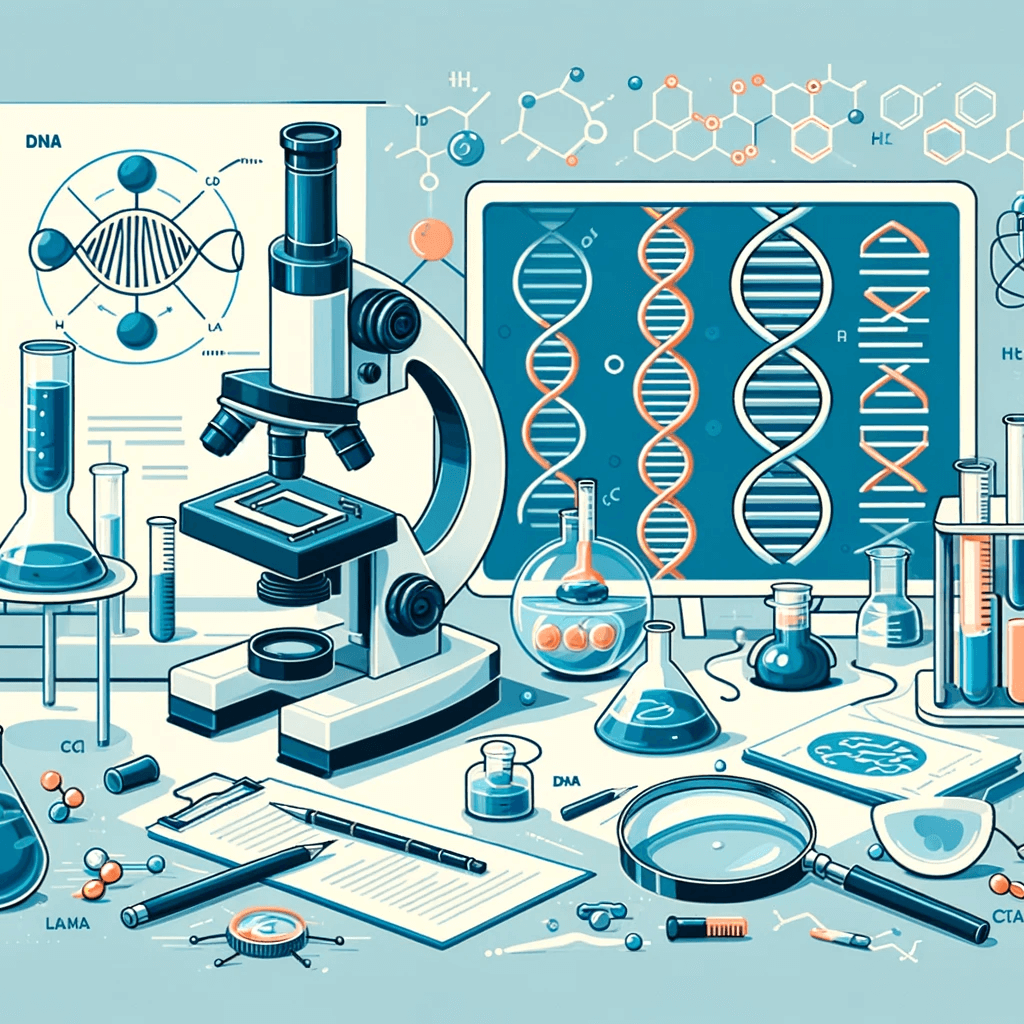Welcome to the latest edition of our Biotech Bites Newsletter, where we delve into the microscopic world that holds the secrets to major scientific breakthroughs. This month, we are excited to share with you some fascinating advancements in biotechnology that are not just promising on paper but are also paving the way for real-world applications.
Firstly, let’s talk about CRISPR-Cas9, a genome editing technology that has revolutionized our approach to genetic engineering. Recent developments have allowed scientists to fine-tune this tool to edit single nucleotide polymorphisms (SNPs), which are responsible for various genetic disorders. This precision editing brings us a step closer to personalized medicine, where treatments can be tailored to individual genetic profiles.
In the realm of synthetic biology, researchers have made significant strides in constructing artificial cells that mimic real ones. These synthetic cells can perform basic biological functions, such as protein synthesis and energy production. The implications are vast, from developing new biofuels to advancing drug delivery mechanisms.

Our focus then shifts to the field of agricultural biotech, where scientists have engineered crops that can withstand harsh climate conditions. Drought-resistant corn and rice varieties are undergoing trials, and early results are promising. These crops could be the answer to food security challenges exacerbated by global climate change.
On a similar note, biotech has extended its benefits to the environment through the development of biodegradable plastics. Microorganisms have been genetically engineered to produce plastics from renewable resources, which can break down naturally, addressing the dire issue of plastic pollution.


